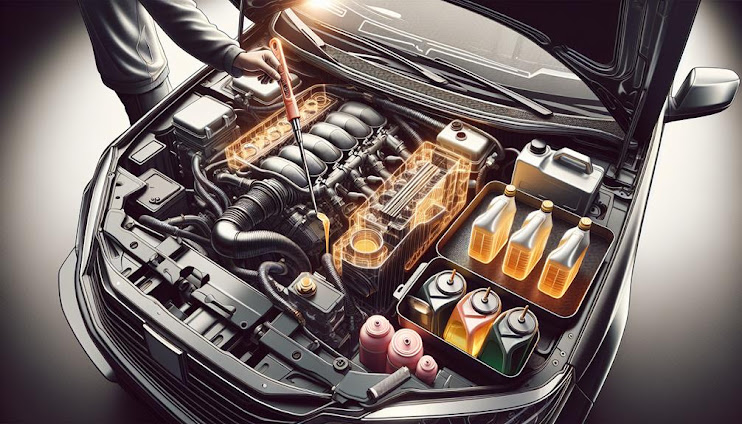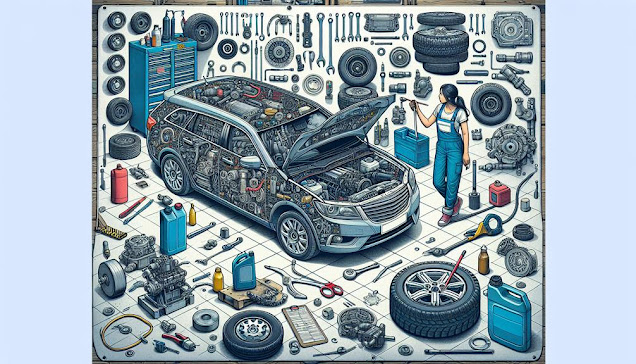Optimizing Vehicle Health: Strategies for Preventive Fluid Maintenance
As the human body is dependent on blood for its functioning and function, your vehicle relies on several fluids to maintain its best performance. Understanding the art of managing fluids is an essential part of your car's prevention-based maintenance plan.
It is essential to be familiar with the various fluids your vehicle is using, such as brake fluid, engine oil transmission fluid, coolant, just to mention some. Regularly checking your vehicle can help detect potential problems prior to they cause major damage or cause expensive repairs.
It's not only about keeping track of the levels. It's as important to be aware of the consistency and color in these liquids. However, how do you tell the difference between normal and potentially hazardous changes? Find out the answer as we continue.
Understanding Vehicle Fluid Types
In order to keep your car running smoothly, you must know the different kinds of fluids you'll need for your vehicle and the specific roles they play in its performance and endurance.
You're part consisting of drivers that understand the importance of getting the fundamentals right. Oil for engines, the essential ingredient in your vehicle reduces friction and helps to carry energy away from engines.
Brake fluid, a noncompressible substance, makes sure your brakes function efficiently. Fluid for power steering helps you to steer smoothly, while transmission fluid lubricates gears to allow for smooth shifts.
Coolant helps prevent overheating while windshield washer fluid helps maintain the visibility. By checking regularly and replacing the fluids, you're not only protecting your car's health but also joining the circle of responsible automobile owners.
Implementing Regular Fluid Checks
The routinely checking of your vehicle's fluids isn't just a good idea it's an absolute necessity to keep your car in good working order. You're part of a group composed of car-owners who appreciate how important it is to perform regular maintenance. Don't underestimate the potential of a basic check of your fluids. It could save you from costly repairs or unexpected breakdowns.
Begin by examining your oil. It should be clean and at a proper level. The next step is to check your coolant. It should not contain any debris or rust. Transmission fluid, brake fluid as well as power steering fluids are also subject to regular inspections. If you observe any issues make sure you take action right away.
You've mastered the information It's time to apply it. Let's make sure our vehicles are running efficiently, all in one.



Comments
Post a Comment